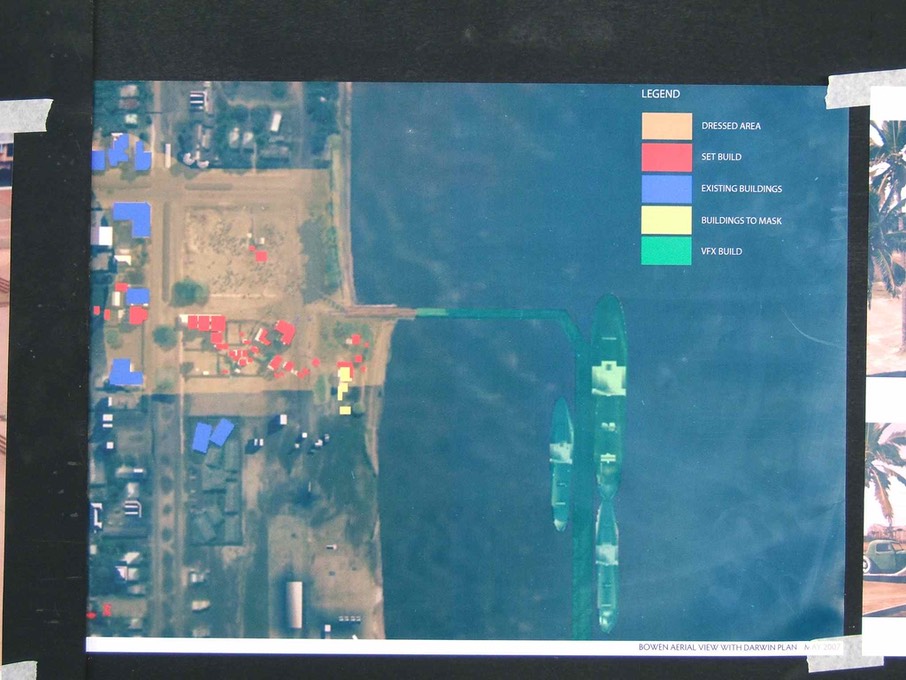
When I arrived in town in 1984, the area across the road from the Grand View was railway land. The corner opposite the hotel was occupied by the Railways Institute Hall and most of the rest of the block was occupied by a freight depot and goods yards, a legacy of the days when Bowen was a working port.
In the process of rationalising rail services, in the nineties those buildings were removed, and various suggestions about the future use of prime beach front land were floated. There was a suggestion to relocate the RSL Club to the site and various schemes involving cultural centres or residential developments appeared in the pages of the Bowen Independent, usually sinking without trace shortly thereafter.
That sort of thing is hardly news to anyone with even a nodding acquaintance with the history of the town. The influence of nay-sayers and pessimists in Bowen's past goes at least as far back as Robert Towns’ proposal to establish a boiling down works to render aging and uneconomic sheep into tallow.
When the citizens of the infant settlement rejected the scheme, Towns and his partners found an alternative site some two hundred kilometres north of here and named the new settlement Townsville.
Over the years since then, there have been any number of major developments floated, from major industrial projects like steelworks and alumina refineries, to plants to process the area’s agricultural produce, to detention centres for illegal immigrants.
At one stage there was even a proposal to relocate the golf club to another site and place a large residential development on the prime beach front real estate occupied by the golf course. And, after much to-ing and fro-ing over the Magazine Creek mangroves, a marina development got as far as a substantial hole in the ground before coming to a grinding halt.
There were, of course, exceptions to the rule. My arrival in town coincided with the winding down of the construction of the export coal-handling terminal at Abbot Point, which had brought a short-term boom to the town, and it seemed to a casual observer such as myself that the frequent cries of Comalco is coming through the rest of the eighties were based as much on a desire to maintain inflated property values as on any actual likelihood of somebody developing an alumina refinery.